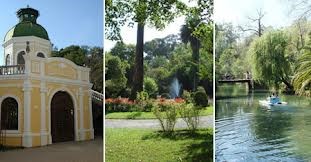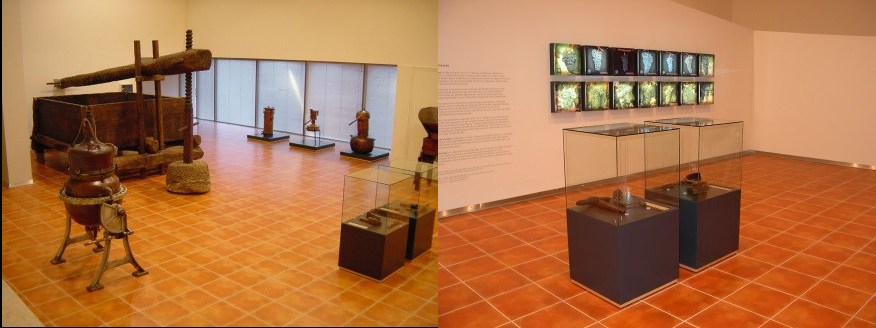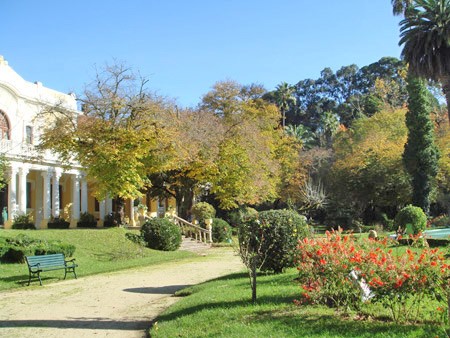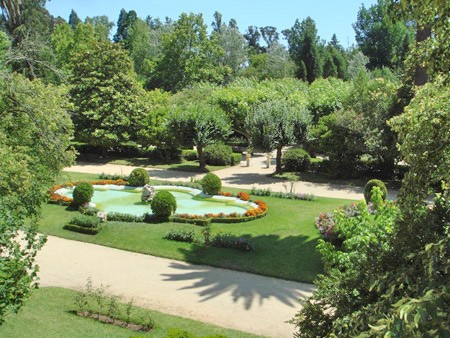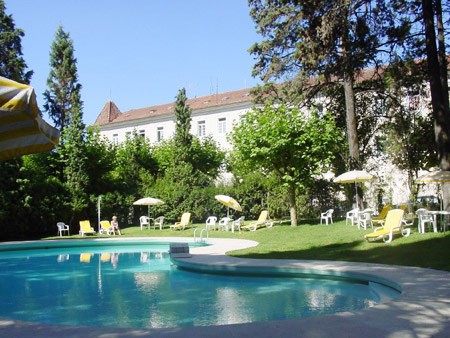This international summer school is part of the Project ALICE – Strange Mirrors, Unsuspected Lessons: Leading Europe to a new way of sharing the world experiences and will be taught by Boaventura de Sousa Santos. The objective of the course, with seminars in Portuguese, English and Spanish, is to develop new theoretical and political paradigms of social transformation. This course aims to present and discuss the critical thinking of Boaventura de Sousa Santos, in the light of his theoretical and political proposals towards social transformation.
Epistemologies of the South, a term coined by Boaventura de Sousa Santos, seek to embody the knowledge and experiences of the global South, as a metaphor of exclusion, silencing and destruction of peoples and knowledges. This proposal is underlined by a diversity of places of enunciation, in which methodological and reflexive assumptions, in dialogue, oppose proposals of ethnocentric nature.
At the core of the Epistemologies of the South, is the idea that within the global North looms a sense of intellectual and political exhaustion which translates as failure to address, in an innovative way, the various challenges the world faces in these early decades of the twenty-first century: social, environmental, inter generational justice, cultural, historical and cognitive. Contrarily, the global South, in all its diversity, appears today as a broad field of economic, social, cultural and political innovation, a space that aims to increase demodiversity, in which dialogues between knowledges translate into conditions of pluriversality.
By reviewing the various possibilities described as Epistemologies of the South, this course aims to go beyond (theoretically and methodologically) the modern eurocentric thinking, namely, abyssal thinking. Abyssal thinking divides the world through an imaginary line, between those “on this side of the line”, and those “on the other side of the line”. To Boaventura de Sousa Santos, the division is such that the other end of the line "vanishes as reality, becomes nonexistent, and is actually produced as nonexistent. Epistemologies of the South, by challenging the hegemonic centrality of the modern project of Eurocentric modernity, wager on a radical proposal of thought that promotes social, political and institutional change, from a South-South dialogue, whose epistemic assumptions challenge colonial, capitalist and patriarchal latencies.
The main assumptions of the Epistemologies of the South are:
- That the understanding of the world is much broader than the Western understanding of the world;
- That alternatives are not lacking in the world. What is indeed missing is an alternative thinking of alternatives;
- That the epistemic diversity of the world is infinite and no general theory can hope to understand it;
- That the alternative to a general theory is the promotion of an ecology of knowledges combined with intercultural translation.
Epistemologies of the South denounce, on the one hand, the epistemological interventions that led to the suppression of knowledges over the past centuries, due to the imposition of the dominant epistemological standard; on the other hand, they value the knowledges that successfully resisted and the reflections they have produced and explore the conditions for a horizontal dialogue between knowledges. Boaventura de Sousa Santos calls this dialogue between knowledges ecologies of knowledges.
These dialogues, and teachings they contain, reflect the innovations that occur in countries and regions of the global South. A demanding wager, surely, that assumes availability for mutual recognition, intercultural understanding, political and ideological convergence, respect for identity and celebration of diversity, conditions for a more democratic dialogue between the global South.
By putting students in touch with Boaventura de Sousa Santos (with his reflective critical thinking), the course will be a privileged space for the discussion of possibilities for social, political and institutional transformation, in the light of the Global South.
.png)


 Boaventura de Sousa Santos
Boaventura de Sousa Santos Bruno Sena Martins
Bruno Sena Martins
 José Manuel Mendes
José Manuel Mendes Maria Paula Meneses
Maria Paula Meneses  Sara Araújo
Sara Araújo Teresa Cunha
Teresa Cunha
